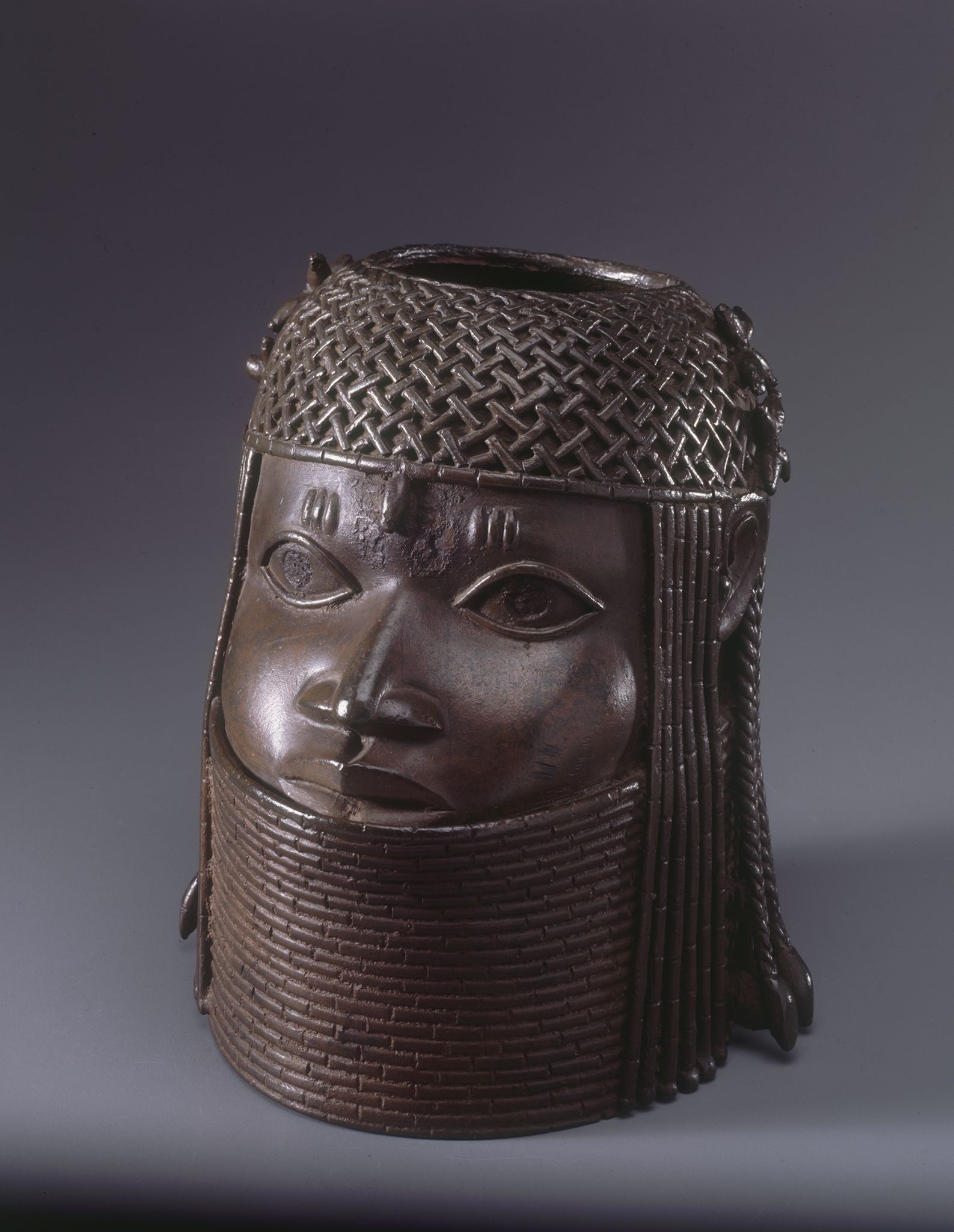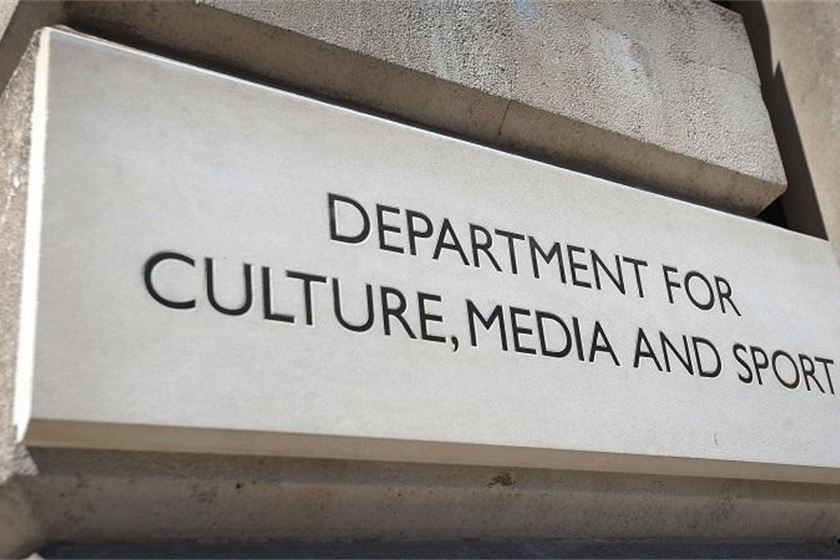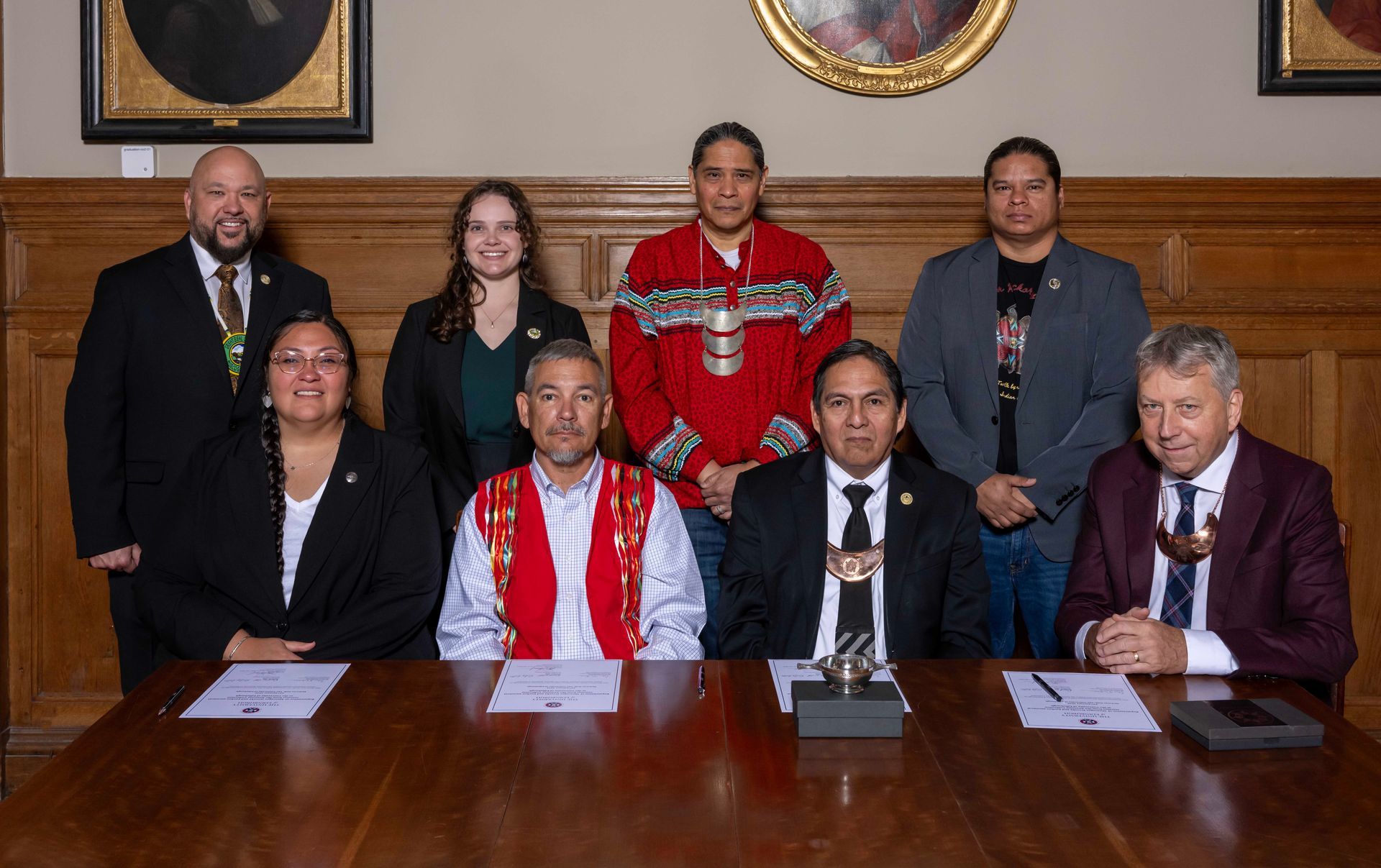Cultural Restitution
SHARE ARTICLE
Two leading EU law professors from Maastricht University have filed an application for an innovative, ‘first of a kind’ European COST Action grant.
If successful, the grant would be used to undertake research to improve international co-ordination and to explore much-needed common approaches to restitution and the return of cultural objects.
At the core of this project is the creation of a network of key stakeholders in the art world. Their role, according to the application, is to ‘better align existing and future legislation and enforcement regarding cultural objects with the day-to-day practices related to circulation and trade’.
Key stakeholders would include international dealers, museums, auction houses and private collectors. Those agreeing to attend will be invited to a series of workshops, where it’s hoped they will exchange knowledge and practices with representatives of public sector organisations and enforcement agencies.
It appears no idea is off the table. All future scientific, technical, financial and legal options that could make the circulation of cultural objects more transparent will be considered.
Driving this project are Prof Hildegard Schneider , a Professor in international and European law, who works specifically in the area of European Internal Market Law and Dr Lars van Vliet, an Assistant Professor who specialises in property and partnership law.
Schneider and van Vliet are especially interested in looking for international-wide solutions to improve transparency in provenance research and to reduce the current abuse stemming from illegal business practices.
In their view, the problems faced by today’s art market are all connected. They cite the scale of today’s black market and the looting of archaeological sites, the presence of large numbers of forgeries that are eroding confidence in the marketplace, the growing numbers of restitution and return claims, and the variability of attention paid to provenance research.
If left uncorrected, they believe the art market faces the reputational damage that it is being ‘purposefully non-transparent'; governments may end up creating and enforcing legislation that is based on generalised and wrong assumptions; museums, governments and private collectors facing restitution claims will feel insecure how to react.
With the present level of international co-ordination so limited and common approaches to restitution still to be developed, too much is left open for interpretation and dispute.
‘Building the trust between the different stakeholders and actors by open exchange of views, interests and experiences is urgently needed’.
What are the chances their 3-year grant application will succeed?
Schneider and van Vliet will have to wait until March 2020 before their application is evaluated. However, they are realistic. “Getting a COST funding directly with the first application is rather unlikely”, according to Prof Schneider. “Mostly you do it twice or even three times”.
Meanwhile, Prof Schneider is pressing ahead with plans for a conference, to be held in March next year where, 50 years after its introduction, progress on the UNESCO 1970 Convention will be reviewed. Discussions on other current topics in the areas of art, cultural heritage, law and the market will also be included.
NOTE:
COST is the longest-running European framework supporting trans-national co-operation among researchers, engineers and scholars across Europe. Its main aim is to identify breakthrough ideas by closing the gap between science, policy makers and society throughout Europe.



